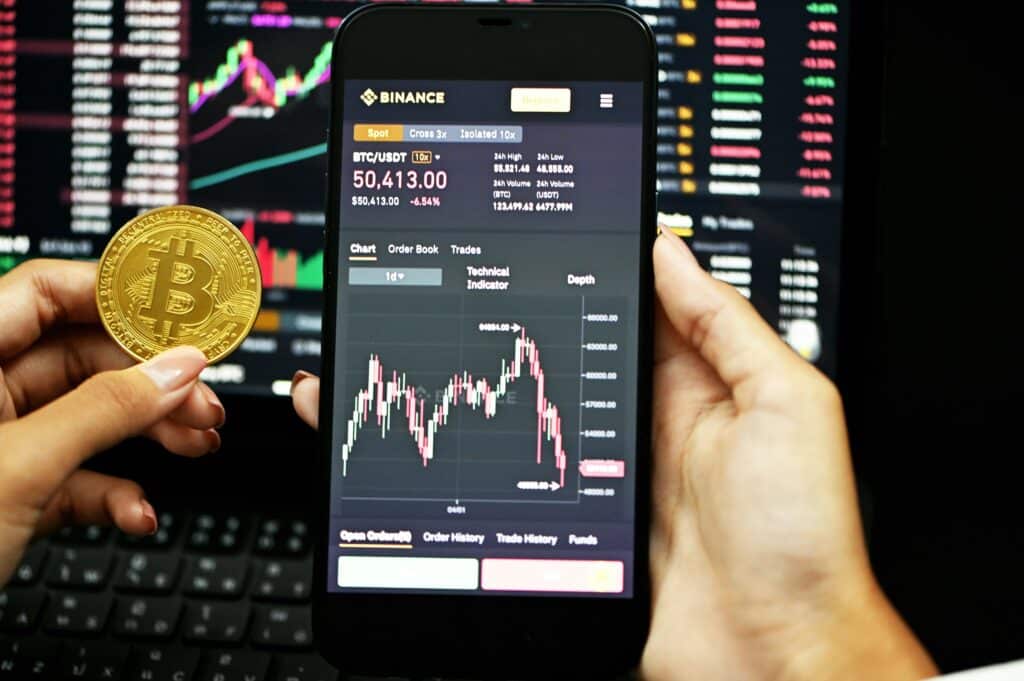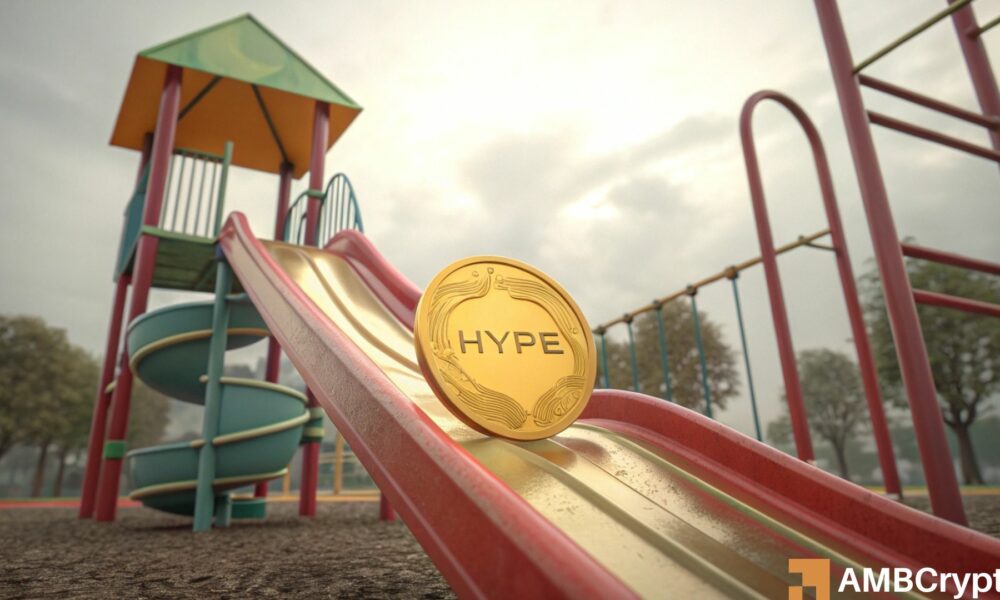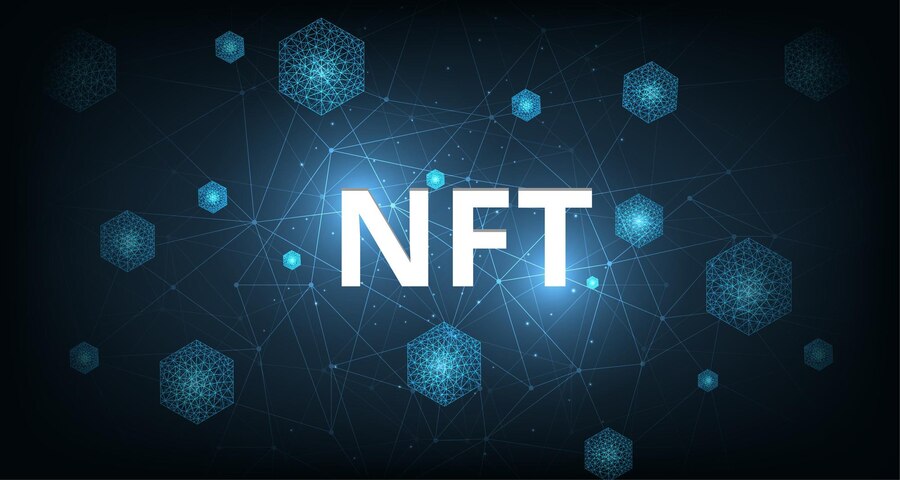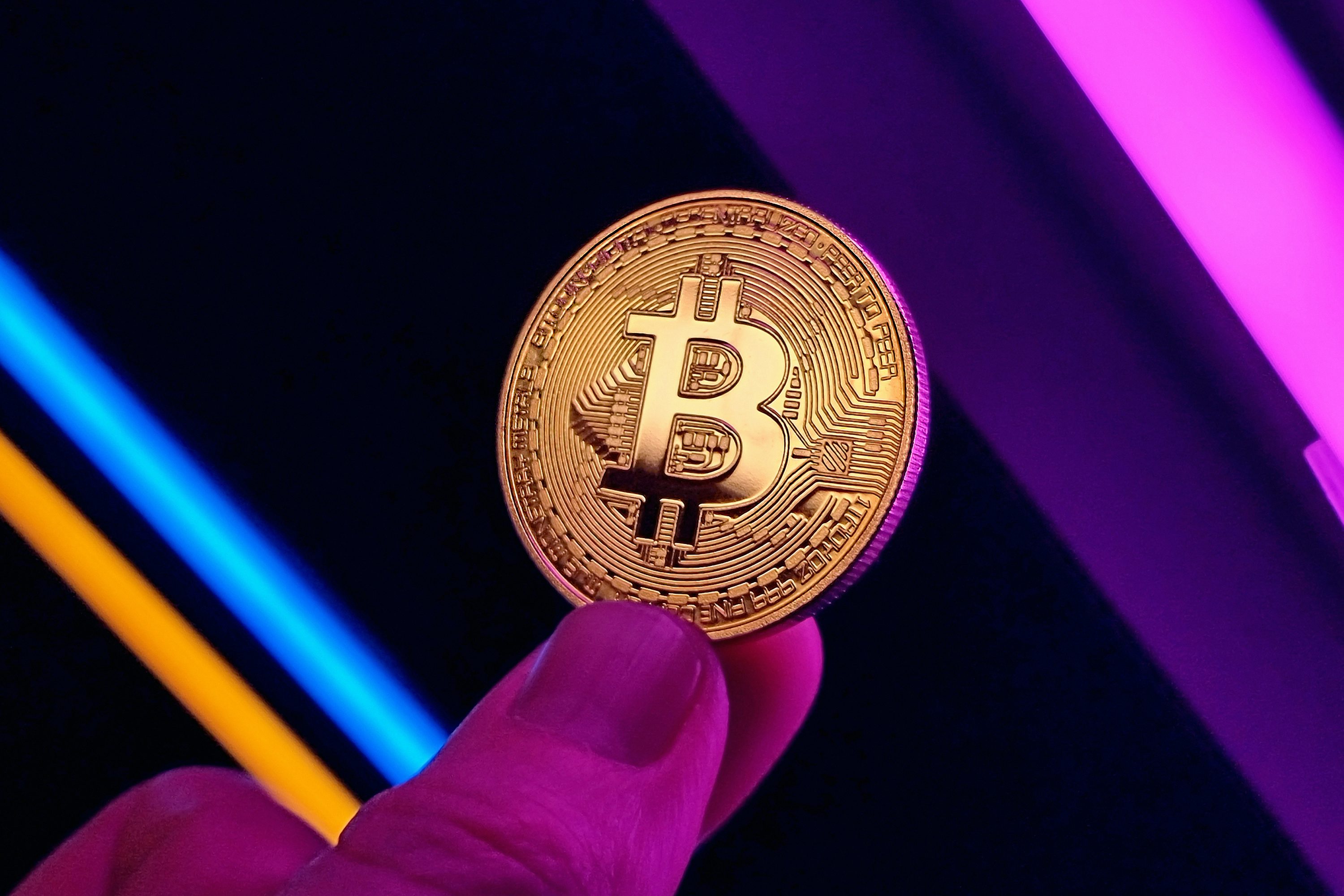SEC vs. Binance: in a decision that marks a turning point for the crypto industry, a federal court has ruled that cryptographic tokens, including those issued by Binance such as BNB, are not to be considered securities.
This ruling represents a significant victory for the cryptocurrency sector, which now sees a greater clarity in regulation regarding the classification of its assets.
The decision could have wide repercussions on the way cryptocurrencies are treated by regulatory authorities and paves the way for a more certain and stable future for market operators. Let’s see all the details below.
The impact of the federal court decision on BNB sales and crypto in the SEC Binance case
As anticipated, a United States federal court has ruled that cryptocurrencies and secondary sales of the BNB token do not constitute securities offerings. This decision represents a significant victory for Binance and the entire cryptocurrency industry.
The judge Amy Berman Jackson of the United States District Court for the District of Columbia has rejected several requests made by the Securities and Exchange Commission (SEC).
Specifically stating that the SEC has failed to demonstrate that buyers in secondary market sales purchased BNB with the expectation of profits. That is, a key criterion for passing the Howey test.
The decision of the court could have positive repercussions on other ongoing legal battles, such as the case of the SEC against Ripple.
The court found that cryptocurrencies themselves are not securities and that attention should be focused on the specific circumstances of each transaction.
This approach could influence the way regulators treat cryptocurrencies, promoting a more favorable environment for innovation.
SEC and the crackdown on cryptocurrency exchanges
After the collapse of FTX, the SEC intensified its actions against cryptocurrency exchanges to prevent similar failures. However, the regulatory authority’s approach has been criticized for the risk of stifling innovation.
In June 2023, the SEC sued Binance and Coinbase for alleged violations of securities laws.
Binance has been accused of violating anti-money laundering laws and has agreed to pay a fine of 4.3 billion dollars, one of the largest criminal penalties in history. The next hearing of the Binance vs. SEC case is scheduled for July 9.
Binance.US, the U.S. division of the world’s largest cryptocurrency exchange, has expressed its readiness for a lengthy legal process. Specifically, stating that it is prepared to continue the battle in court.
Binance announces the potential delisting for 11 altcoin
Binance recently announced that 11 altcoins could be removed from the platform.
On Monday, Binance added the “tracking tag” to several cryptocurrencies.
Among these are Balancer (BAL), Cortex (CTXC), PowerPool (CVP), Convex Finance (CVX), Dock (DOCK), Kava Lend (HARD), IRISnet (IRIS), MovieBloc (MBL), Polkastarter (POLS), Status (SNT) and Sun (SUN).
According to Binance, tokens with the monitoring tag exhibit greater volatility and a higher risk compared to other cryptocurrencies. The exchange monitors and conducts regular reviews of the tagged tokens to ensure they meet the listing criteria.
Binance has declared the following:
“Please note that tokens with the monitoring tag may no longer meet our listing criteria and may be removed from the platform.”
Binance users who wish to trade these tokens must pass quizzes every 90 days, designed to increase awareness of the risks associated with digital assets.
At the same time, Binance has removed two assets from the watchlist: Enzyme (MLN) and Horizen (ZEN).
Enzyme is an on-chain asset management system, designed to provide access to digital assets and decentralized finance (DeFi) from a single app. A
Horizen, instead, defines itself as a blockchain network focused on privacy.
Credit: Source link















































